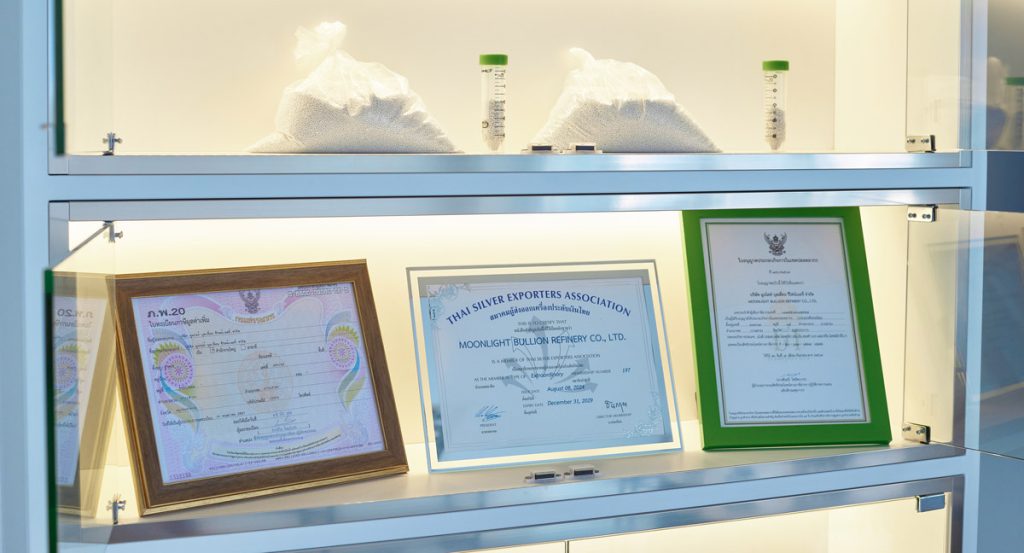
Moonlight Bullion Refinery, specializing in silver products, strongly focuses on obtaining various ISO certification and follow RJC certification policy to represent a critical strategic investment in quality assurance, ethical sourcing, and market differentiation. By actively developing corporate sustainable policy, our team follows transparent business practices, and tries to be a trusted partner in the silver supply chain, capable of meeting the most stringent international standards while providing clients with the assurance they need to make confident sourcing decisions in an increasingly transparent marketplace.

The Responsible Jewellery Council (RJC) is an international non-profit organization established in 2005 to promote responsible practices throughout the global jewelry and gemstone industry, covering the entire supply chain from upstream (mining) to downstream (retailers).
The company which follows RJC regulation are certify their supply chain to ensure that:
- No child labor or forced labor is used.
- The trade of conflict-related resources is not supported.
- Proper environmental management practices are implemented.
- Workers are treated fairly and ethically.
- Risks related to human rights and corporate governance are effectively managed.
By following high standards and international regulations of precious metals production and trading Moonlight Bullion Refinery:
1. Building Consumer Confidence
Modern consumers place great importance on sustainability and ethics. Having certification from the RJC helps companies establish credibility that their products are “clean” and ethically sourced.
2. Driving Industry Transformation
The RJC serves as a key driver for the global jewelry industry to adapt and recognize the importance of ESG (Environmental, Social, and Governance) principles.
3. Reducing Legal and Reputational Risks
Companies that operate in accordance with RJC guidelines are more likely to minimize risks related to litigation, social condemnation, or sanctions imposed by various countries.
4. Supporting Economies in Developing Countries
Mining operations and labor forces in developing countries benefit from RJC standards as they help ensure safe and fair working conditions.

